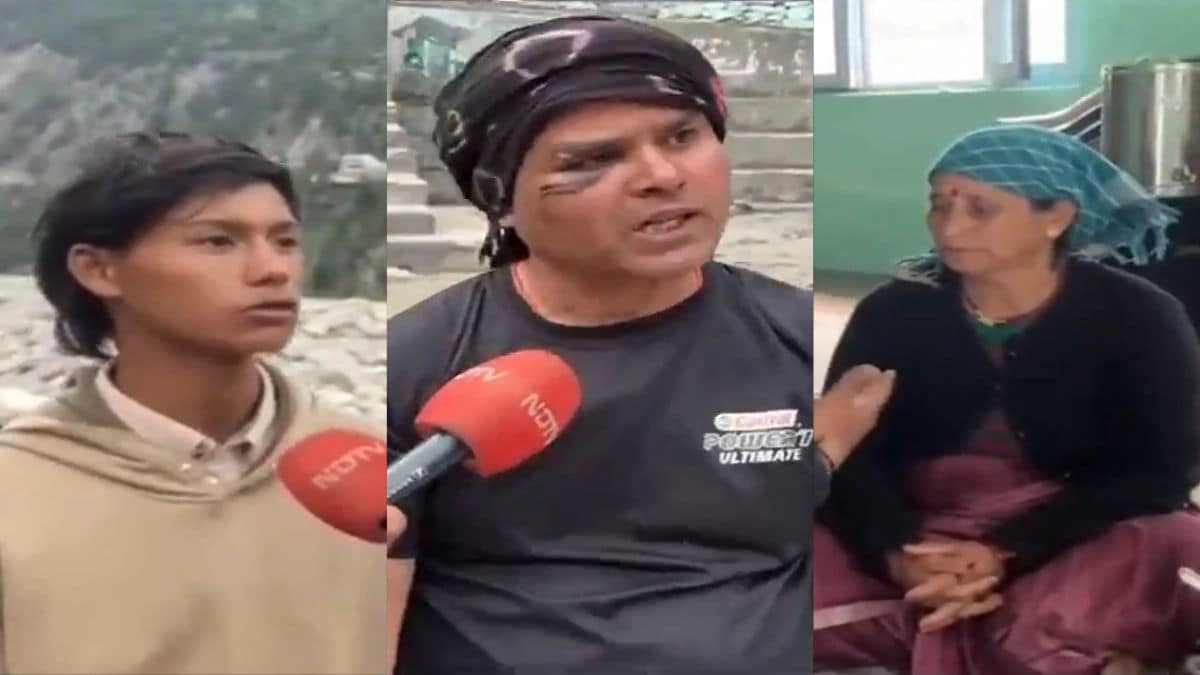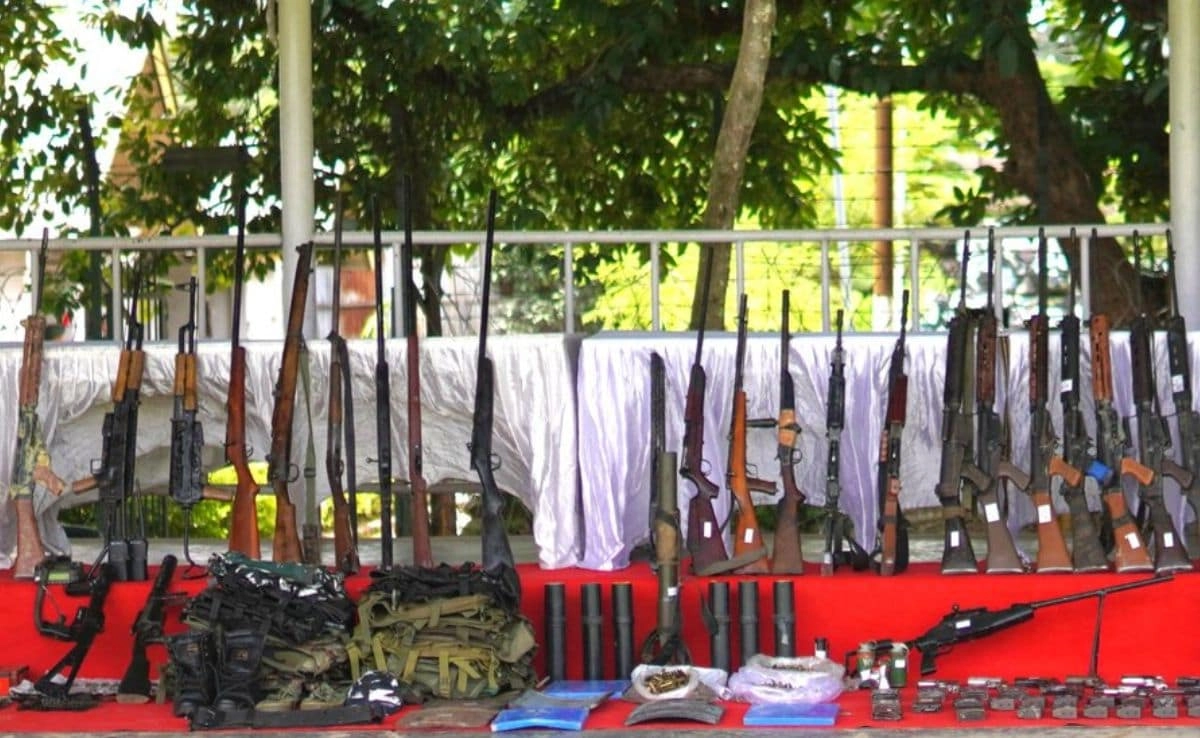In a stark portrayal of their plight, the villagers of Dharali have found themselves ensnared in a web of uncertainty and despair. Lacking legal land ownership and proper documentation, these residents are confronted with the grim reality of potential displacement. The NDTV Ground Report sheds light on their struggles, revealing how the absence of land rights has left them vulnerable to eviction and loss of livelihood. For many, their homes are not just structures; they represent generations of history, culture, and community.
The situation is further exacerbated by bureaucratic red tape and the slow pace of legal processes. Many villagers have attempted to secure their land rights through various means, but the lack of proper documentation has often rendered their efforts futile. This has led to a pervasive sense of hopelessness among the residents, as they continue to grapple with the fear of losing their homes. The emotional toll of this uncertainty is palpable, with families torn between the desire to fight for their rights and the overwhelming pressures of an uncertain future.
As the villagers navigate this complex landscape, they are not alone in their struggle. Activists and local organizations have rallied to support them, advocating for their rights and pushing for policy changes that would provide legal recognition of their lands. However, the path to resolution is fraught with challenges. The interplay of local politics, land ownership laws, and economic pressures complicates their fight. Despite these obstacles, the resilience of the Dharali villagers shines through as they seek to reclaim their place in a society that often overlooks their plight.
Ultimately, the story of Dharali is not just about land; it is a reflection of larger issues of social justice, economic inequality, and the need for inclusive governance. The villagers’ fight serves as a critical reminder of the importance of recognizing and safeguarding the rights of marginalized communities. As they stand at a crossroads, the resolution of their situation could set a precedent for similar struggles across the region, highlighting the urgent need for systemic change to ensure that every individual has the right to their home and land.




